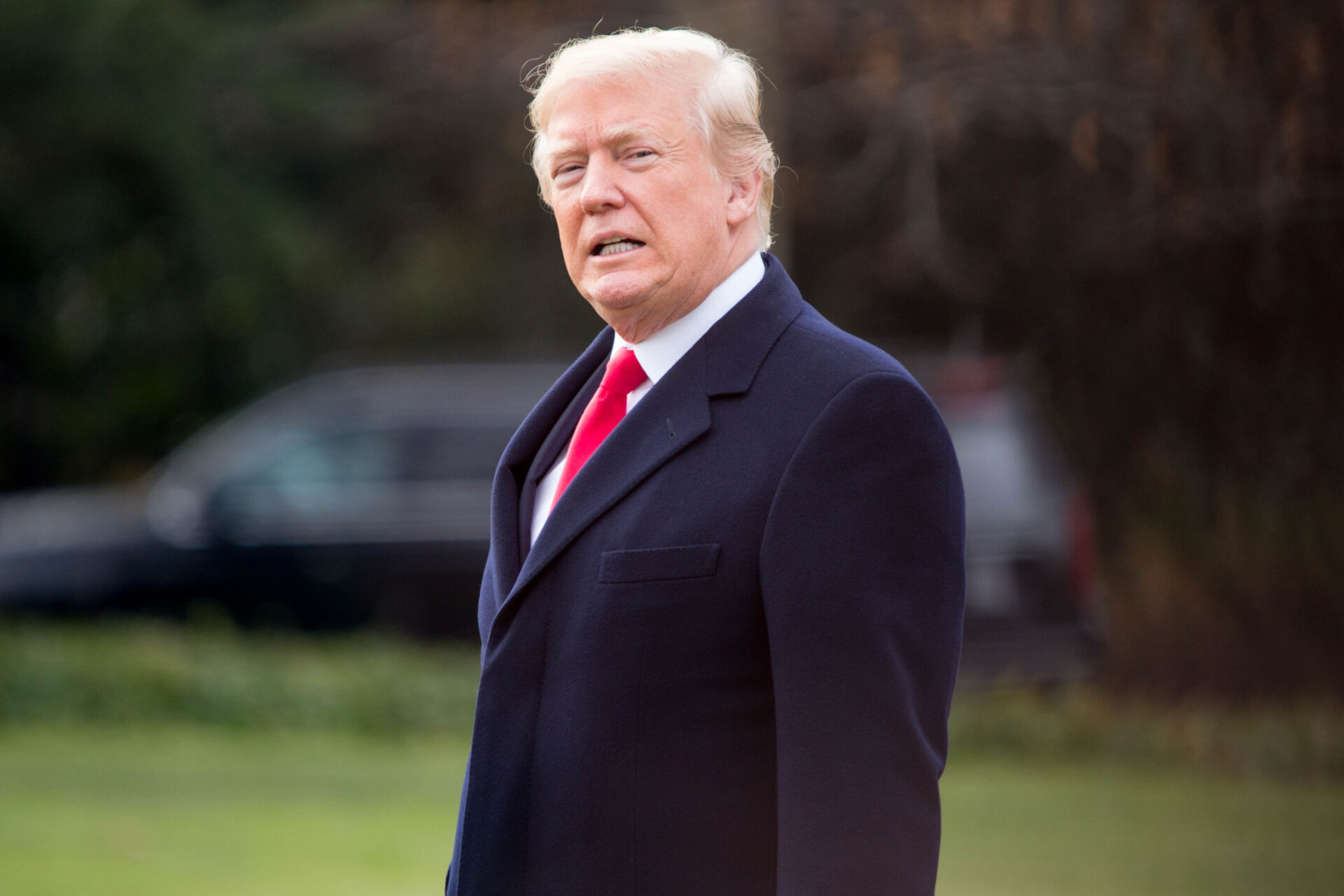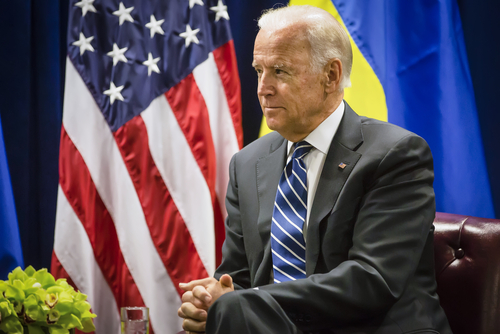Listen To Story Above
Billy Chrestman’s journey to rebuild his life after his January 6th-related imprisonment has been marked by significant challenges and obstacles. Following his February 2021 arrest during an FBI raid on his Kansas City residence, Chrestman endured nearly four years of hardship that began with an extended cross-country transfer through various facilities.
His time in DC detention proved particularly challenging, where he faced severe conditions including pest problems, black mold, and concerning food quality issues. The isolation was intense, with inmates confined to their cells for 23 to 24 hours daily over a year-long period. Outdoor access was extremely limited, and family visits were prohibited for two years. When Chrestman finally reunited with his wife and daughters, the emotional reunion was bittersweet, marked by the visible passage of time.
Proud Father and Former J6 Hostage Billy Chrestman Fights to Have Shared Custody of His Daughter | The Gateway Pundit | by Guest Contributor https://t.co/HA0ViJh3dS
— Deenie (@deenie7940) February 20, 2025
The personal toll of his incarceration extended beyond prison walls. During his absence, Chrestman’s family lost their home, leaving his wife temporarily homeless until a compassionate family provided housing assistance. After signing a plea agreement, Chrestman underwent additional transfers before reaching Texarkana, where administrative delays by the Bureau of Prisons extended his time before release to a halfway house.
Now free, Chrestman faces new struggles in his attempt to resume normal life. His previous career as a union worker has been effectively terminated, with the union explicitly rejecting his return due to his involvement in the January 6th events. He’s also dealing with unaddressed medical issues, including a bicep injury sustained during his detention in DC.
Adding to his challenges, Chrestman is currently engaged in a custody battle for his daughter. The child’s mother is pursuing full custody and seeking child support payments. While Chrestman has secured legal representation, he’s reaching out to the public for support in his efforts to maintain a relationship with his child.
Despite these adversities, Chrestman maintains his faith, believing that justice will prevail and that he’ll eventually secure shared custody of his daughter, allowing him to spend at least half of his time with her.
I'm grateful to Billy Chrestman for supporting @realPFP and staying faithful to those who had his back. We appreciate you, Billy. pic.twitter.com/OVPyDklZ5m
— Tim Hale – Criminally Funny J6er (@LouisofMonmouth) November 9, 2024






